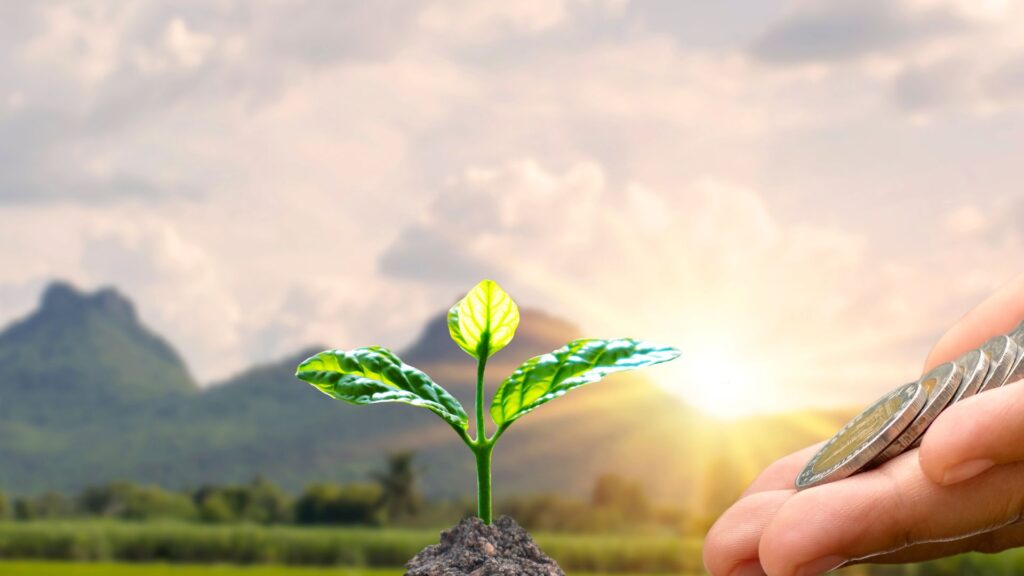Inter-American Development Bank Launches BID CLIMATE Program with Nine Partner Nations
In a groundbreaking move towards combating climate change, the Inter-American Development Bank (IDB) unveiled its pioneering initiative, the BID CLIMATE pilot program. This innovative financial endeavor aims to incentivize and support nations in their pursuit of environmental and climate-related goals. Announced on December 2, 2023, in Dubai, the IDB highlighted the participation of the first nine eligible projects as a significant milestone in the fight against climate challenges. The BID CLIMATE program marks a transformative approach in financial assistance, providing borrowers with a remarkable benefit: a 5% grant of the IDB loan principal. This strategic move aligns with the overarching goal of mobilizing resources for climate and nature-centric investments on a larger scale. Initially allocating a substantial $1 billion in loans, the program will kickstart ten pilot projects aimed at catalyzing sustainable initiatives. The President of the IDB, Ilan Goldfajn, expressed immense satisfaction with the enthusiastic response received at the United Nations Climate Change Conference, COP28. “The demand has exceeded our expectations, demonstrating a collective commitment to address climate and nature-related challenges. Our teams are actively collaborating with regional partners to initiate these transformative pilot projects,” Goldfajn remarked. To access this pivotal benefit, participating nations must meet three Key Performance Indicators (KPIs) specially designed to facilitate their engagement with green and thematic debt markets. These KPIs center around establishing ambitious environmental objectives, devising suitable policies and expenditures, and ensuring effective measurement and reporting mechanisms for their progress. The nine pioneering countries partaking in the BID CLIMATE program—Barbados, Belize, Brazil, Chile, Colombia, Paraguay, Dominican Republic, Suriname, and Uruguay—herald a collective commitment to proactively combat climate change and preserve nature’s integrity. Meanwhile, Latin America and the Caribbean stand prominently at COP28, contributing a multifaceted approach to tackle global climate challenges. The IDB’s Americas Pavilion serves as a pivotal platform, hosting over 30 events featuring global leaders and experts. These events span a wide spectrum, encompassing discussions on cutting-edge financial instruments, sustainable resource management, just economic transitions, and initiatives for preserving the Amazon rainforest. Journalists covering COP28 have open access to the pavilion’s events, facilitating comprehensive coverage of these critical discussions and initiatives. The IDB, established in 1959, remains committed to enhancing lives across Latin America and the Caribbean. Beyond financial assistance, the IDB spearheads research endeavors, offers policy recommendations, extends technical support, and provides training to both public and private entities throughout the region. Its unwavering dedication underscores a collective effort towards sustainable development. As the BID CLIMATE program takes flight, supported by nations committed to combating climate change, it marks a significant stride towards a more sustainable and resilient future for generations to come. For more information about the BID CLIMATE program contact Anspach,Raphael Philippe M. (raphaela@iadb.org) or Borges De Padua Goulart Janaina (janainag@iadb.org). You can also contact one of BID local offices. Source: BID
Inter-American Development Bank Launches BID CLIMATE Program with Nine Partner Nations Read More »


